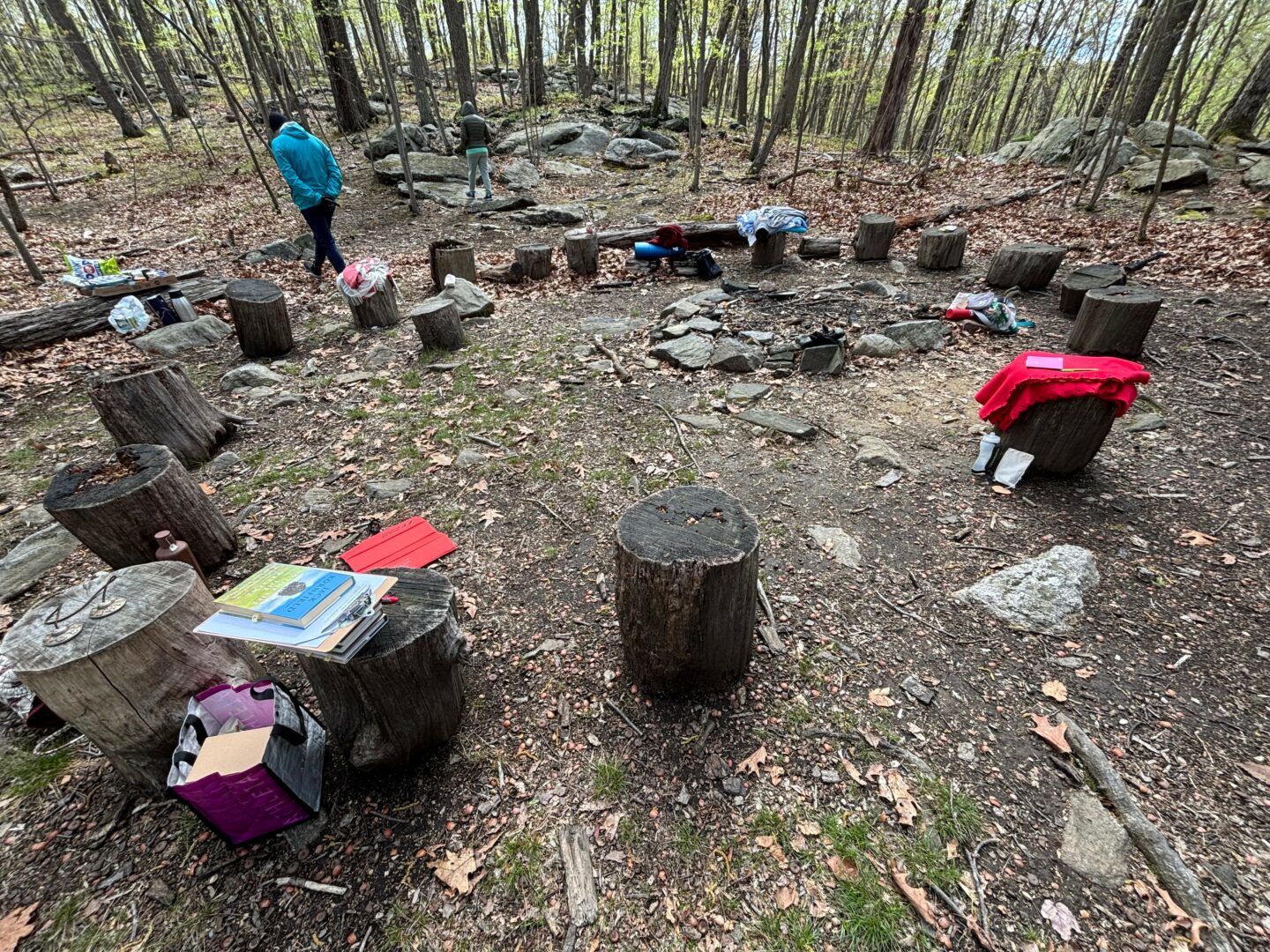We’re looking forward to introducing you to Raditia Lasry. Check out our conversation below.
Good morning Raditia, it’s such a great way to kick off the day – I think our readers will love hearing your stories, experiences and about how you think about life and work. Let’s jump right in? What do the first 90 minutes of your day look like?
I usually wake with the sunrise without an alarm. One of the first things I do is sit on a cushion and reflect on the thoughts that are present, letting anything come up. Sometimes it is about tasks for the day, sometimes it’s a particular idea or focus related to being. This can take between 5 and 30 minutes, depending on how much time I have that morning. Once I feel settled in my body and mind, I jot down my thoughts in a journal to help me remember what I need to remember for that day, anything I found profound and significant, or another time in the future. Once I feel complete in that practice, I usually have a book with me that I will spend the rest of the time in. This entire practice can be from 30 to 60 minutes. The other 30 to 60 minutes will be spent preparing breakfast and lunch for my son and getting ready for myself, including taking a shower, etc.
Can you briefly introduce yourself and share what makes you or your brand unique?
I recently visited Paris, the city of love, and I was reminded that my mission in my work and reflecting on what moves me, is love. In particular, unconditional love is what I commit my life and work to. It’s about recognizing that our true responsibility isn’t solely work and making a lot of money to survive, even if that is a huge part of surviving in this world we created. But human connection and the willingness to experience challenging times, knowing we won’t break, while doing it together, is way more critical.
Just like M. Scott Peck, M.D. describes in “The Road Less Traveled”: “Love is not simply giving; it is judicious giving and judicious withholding as well. It is judicious praising and judicious criticizing. It is judicious arguing, struggling, confronting, urging, pushing and pulling in addition to comforting. It is leadership. The word “judicious” means requiring judgment, and judgment requires more than instinct; it requires thoughtful and often painful decisionmaking.” (p. 111)
Amazing, so let’s take a moment to go back in time. What breaks the bonds between people—and what restores them?
I often ruminate about the first part of the question. I have experienced breaks between bonds before, and usually it was because of a change of interests. When there were differences in perspectives, I would still figure out ways to stay connected.
Sometimes I feel bonds are being broken too easily when people disagree, which I sometimes question. In the work that I do, I encourage people to get comfortable with discomfort so that when there are disagreements or moments of dislikes, we spend a little more time figuring out how to restore and reconnect with each other on something else.
Anytime a relationship breaks, I hope people can figure out a way to maintain a friendship even if it means we’re not seeing eye to eye and won’t spend any more time together, but amicably find a way to be able to recognize each other as individuals with their right to be themselves and believe in what they believe in. Especially in the times we are in. Too often, we want people to part ways with those who don’t share our interests, and yet, where are we being challenged and grow if everything we encounter is what we agree with and like?
Was there ever a time you almost gave up?
Yes, absolutely, and it was recently. I was reconsidering my work, and the challenge was making a consistent income. I was wondering if I had to return to a 9-5 with regular hours and a fixed income, to feel more financially secure. And it’s not just about being financially secure, but also about having a cushion, a way of saving more, and spending it without overthinking. I ruminated and applied for various jobs in fields related to my current work and even past jobs in corporate. And every time I would reflect on the pros and cons, I came back to losing the core mission of why I am doing what I am doing. And that was something I wasn’t willing to give up. So I continued with my work and my business and looked for new opportunities to expand and grow.
I think our readers would appreciate hearing more about your values and what you think matters in life and career, etc. So our next question is along those lines. Where are smart people getting it totally wrong today?
This is such a great question and something I’ve been struggling with for years. The smart I am referring to are the book smarts. Especially in the States, there is a degree for everything, and it isn’t enough anymore to solely have a master’s degree. You need a doctoral degree to make a difference and be recognized as qualified. And I have friends who have earned a doctoral degree, which is an incredible achievement and certainly not to take lightly or play down. What it does do is that people who have a Bachelor’s or a Master’s don’t seem to think what they have is not enough.
To answer the question, where “smart” people are getting it totally wrong is that it makes people without a degree or higher degree unworthy. They don’t get much credit for what they might have accomplished outside of an educational system.
Growing up, I was always more street smart than book smart, even though I ended up getting a Bachelor’s Degree in the States due to losing my job in my mid-thirties, which was more out of curiosity and hope than out of necessity. And additionally, there is something to say about observing life, people, and behaviors that you can’t get from a book—a sense of human connection and compassion. These things can’t be learned from books; they have to be experienced.
So where book smart people might get it wrong is that life is being lived in real life, with real problems, and real people, even if the intellects aren’t always met.
Okay, we’ve made it essentially to the end. One last question before you go. Could you give everything your best, even if no one ever praised you for it?
Absolutely, this is one of my main focuses when I share my work. The moment we do something for praise, the likelihood of disappointment is high. What we do is rarely praised. So does that mean I shouldn’t give my best? Chances are, we don’t know ahead of time if someone praises us. We are not children anymore, where we know exactly what our parents want, and even then, didn’t we do it to get praises, and if we did, only because we wanted something in return. It’s a lose-lose situation.
I will always give my best, even if there is room for improvement. Receiving praise is the icing on the cake, but it is not why I am giving my best and doing what I am doing.
Contact Info:
- Website: https://www.mindfulbeingllc.com/
- Instagram: https://www.instagram.com/mindful.being.llc/?hl=en
- Linkedin: https://www.linkedin.com/in/mindfulbeingllc/
- Facebook: https://www.facebook.com/raditia.lasry
- Youtube: https://www.youtube.com/@mindfulbeingllc
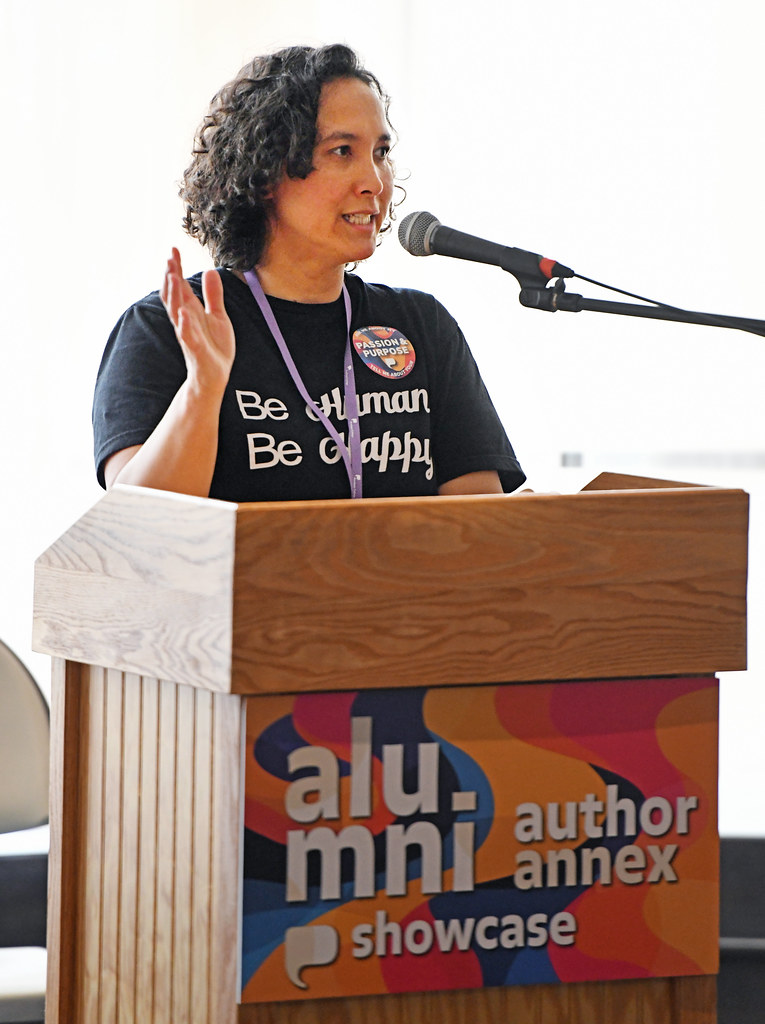
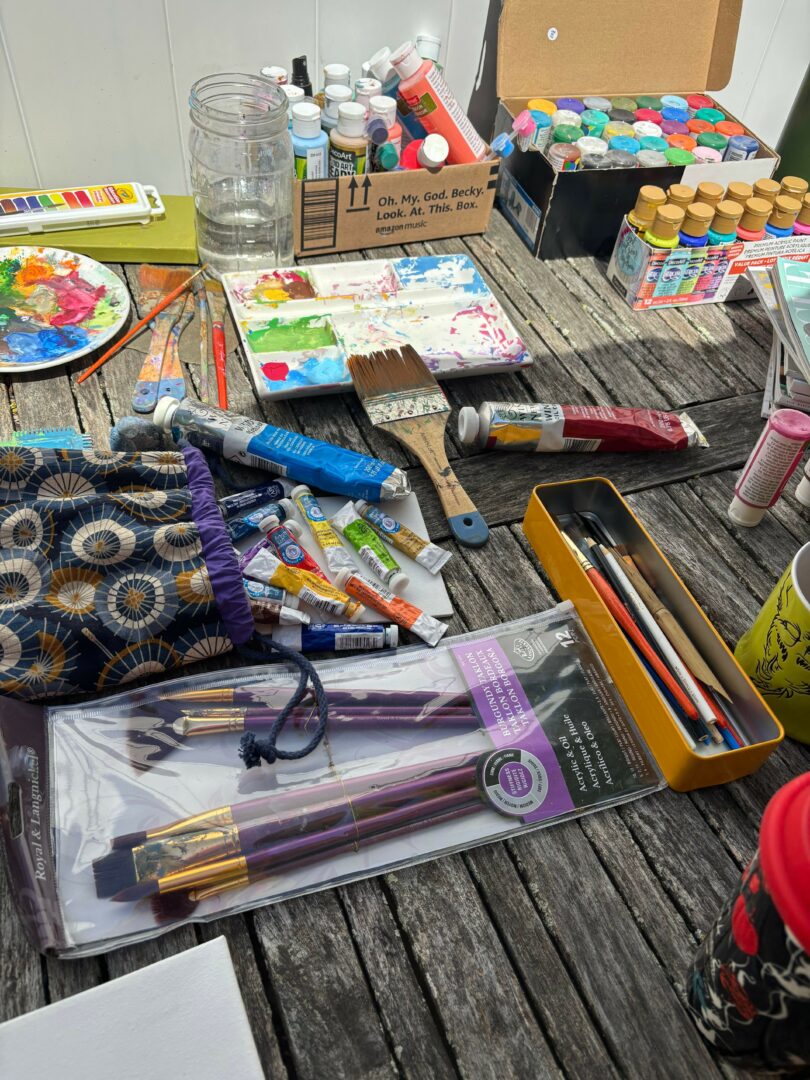
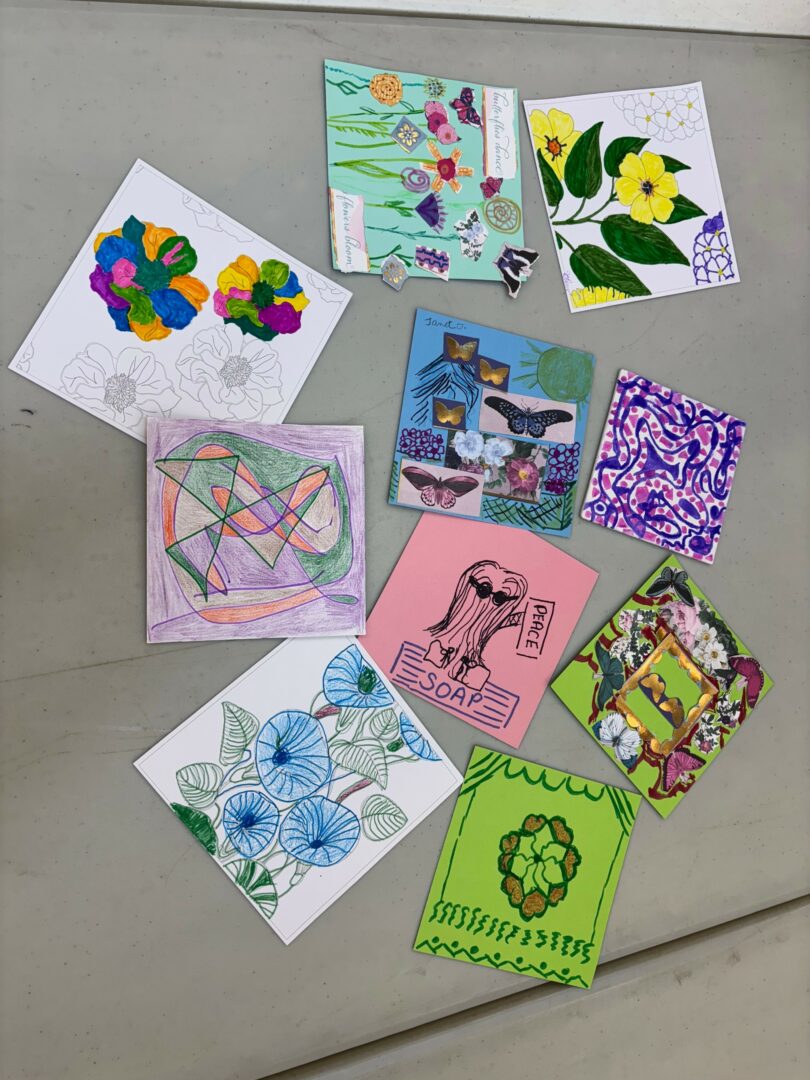
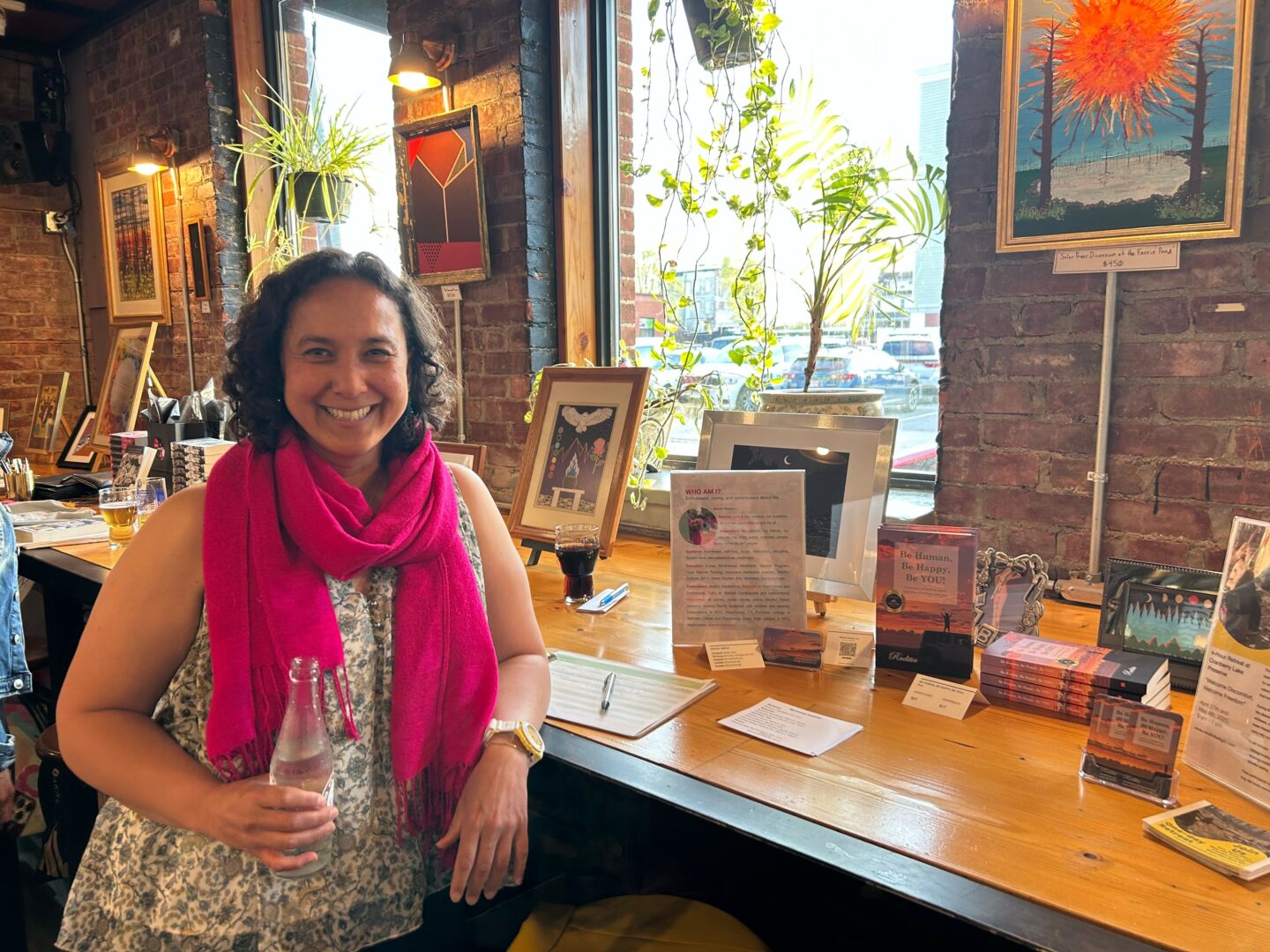
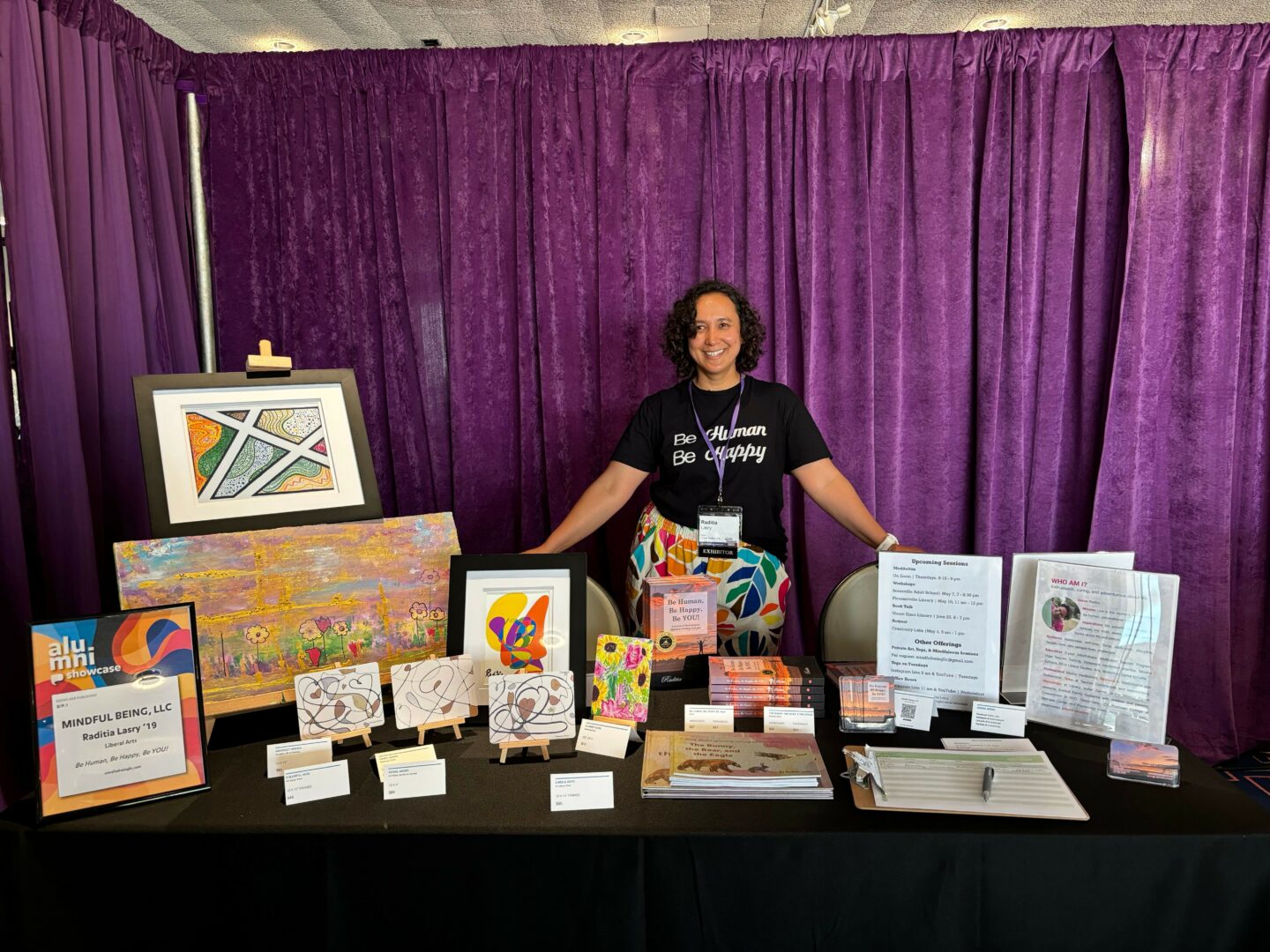

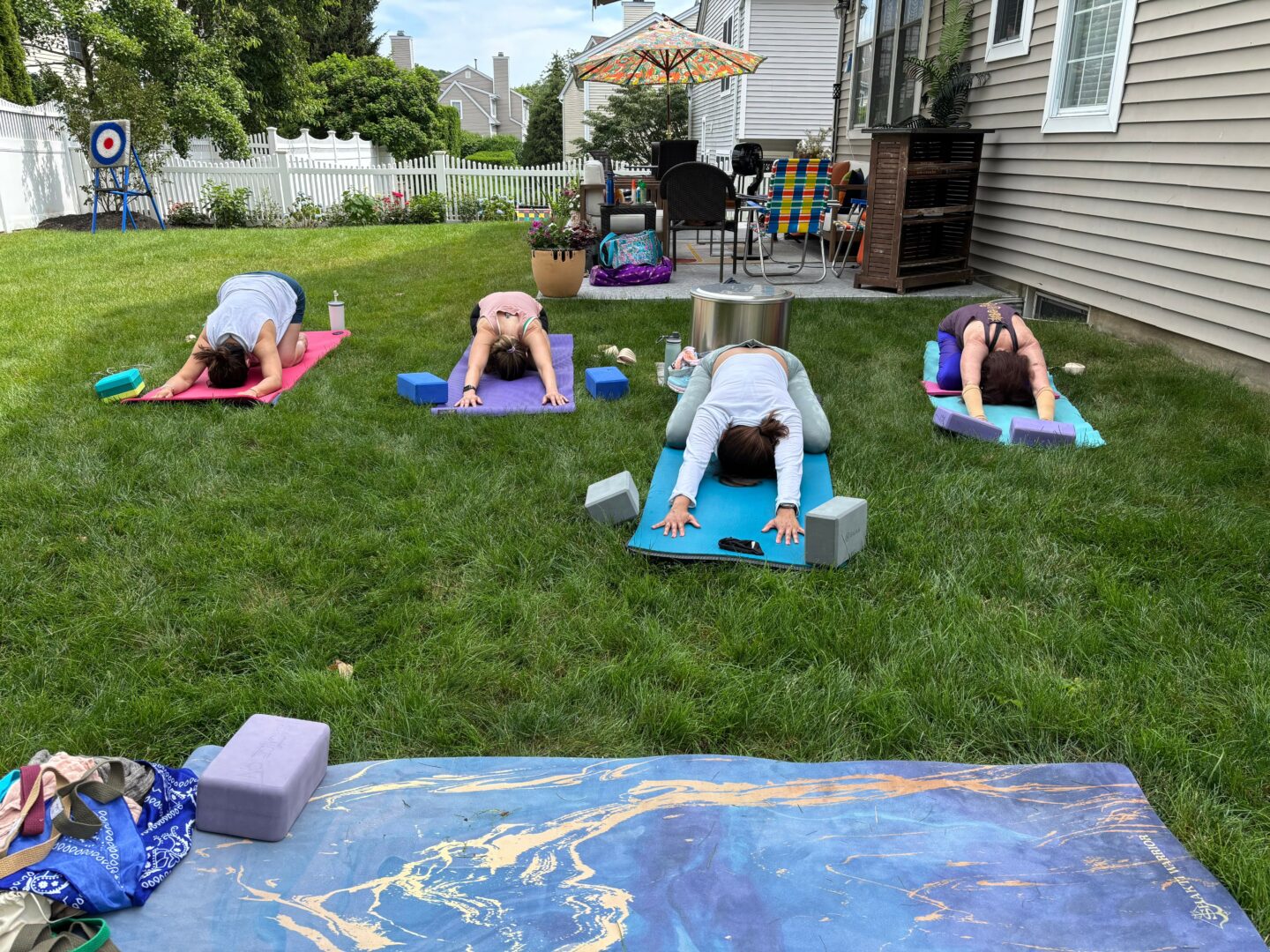
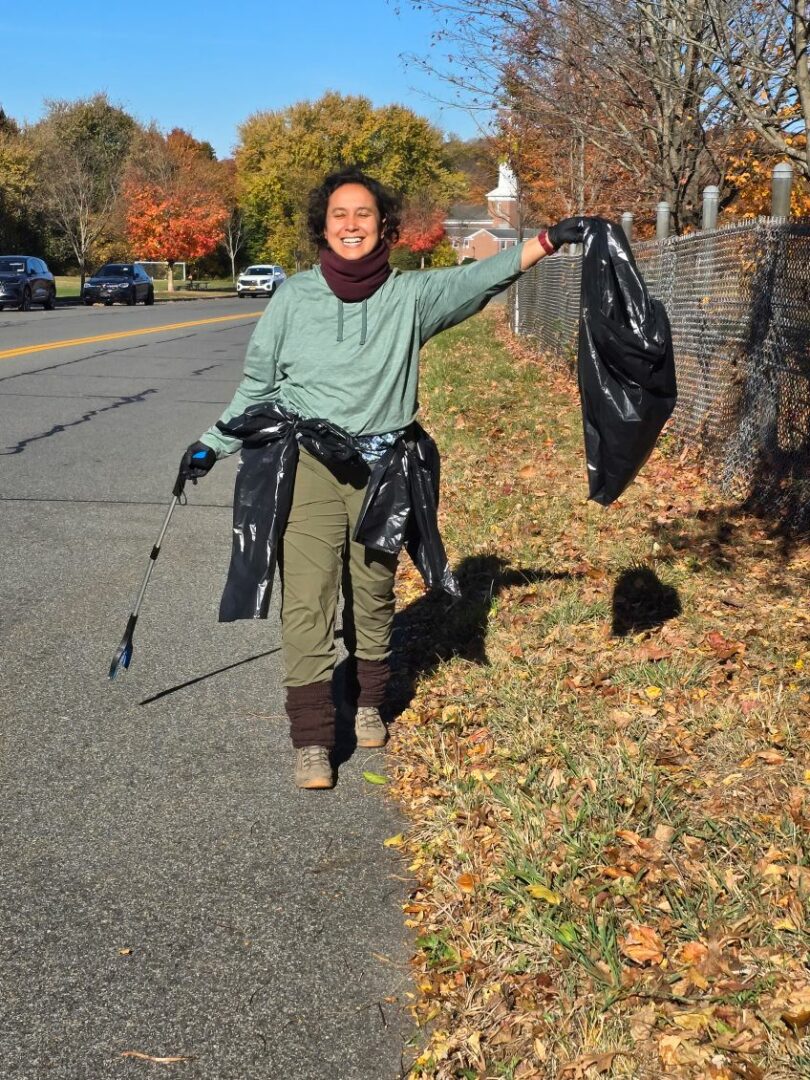
so if you or someone you know deserves recognition please let us know here.

